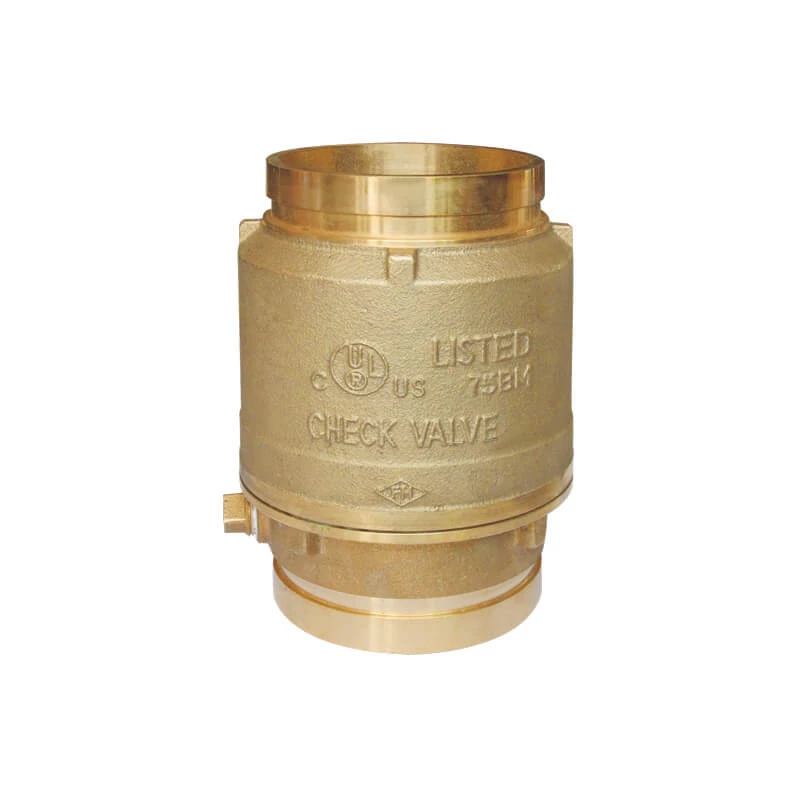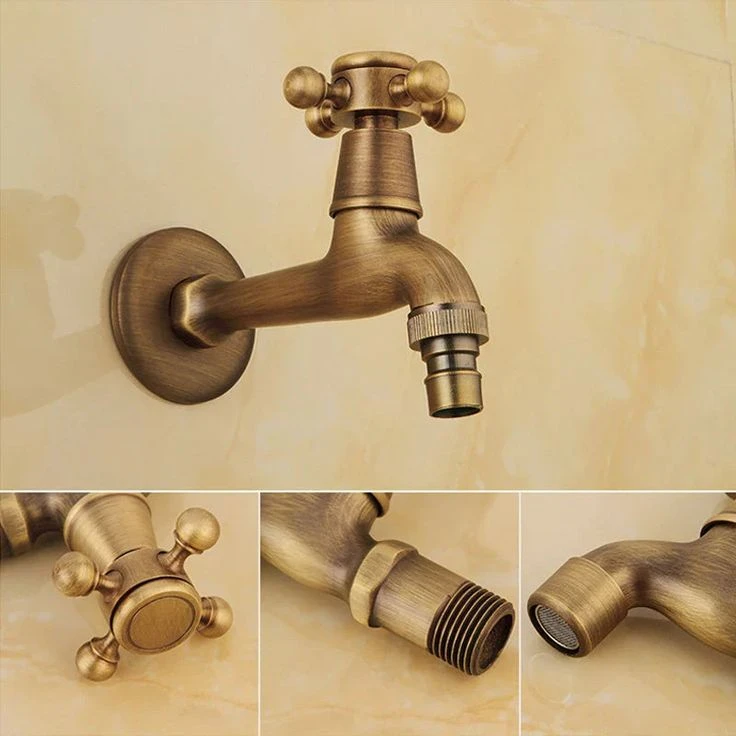Bronze and brass valves ISO15875 are both widely used in various applications due to their durability and reliability. Although they are similar in many respects, there are distinct differences between them that can make one more suitable than the other depending on the application. Here’s a detailed comparison of bronze and brass valves:
1. Material Composition
- Bronze Valves:
- Composition: Bronze is an alloy primarily composed of copper and tin, with possible additions of other elements such as phosphorus, aluminum, or silicon.
- Properties: Bronze is known for its strength, durability, and resistance to corrosion. It is particularly resistant to corrosion from seawater and other harsh environments, making it a popular choice for marine applications.
- Brass Valves:
- Composition: Brass is an alloy of copper and zinc, with varying proportions that can influence its properties. There are different types of brass, such as yellow brass (more zinc) and red brass (more copper).
- Properties: Brass offers good machinability and corrosion resistance, particularly in water systems. It is generally less resistant to corrosion compared to bronze but is still suitable for many applications.
2. Corrosion Resistance
- Bronze Valves:
- High Corrosion Resistance: Bronze is highly resistant to corrosion, especially in marine environments and applications involving brine or other corrosive substances. It resists rust and degradation better than brass in these scenarios.
- Chemical Resistance: Bronze also performs well against certain chemicals, making it a good choice for chemical processing applications.
- Brass Valves:
- Moderate Corrosion Resistance: Brass has good resistance to corrosion in most water and gas applications but is less effective in highly corrosive environments. It can corrode over time if exposed to harsh chemicals or saltwater.
- Maintenance: Regular maintenance is often needed to prevent corrosion, especially in environments where exposure to moisture or chemicals is a concern.

3. Strength and Durability
- Bronze Valves:
- Strength: Bronze is generally stronger and more durable than brass, which makes it suitable for heavy-duty applications and environments where strength is crucial.
- Wear Resistance: Bronze has excellent wear resistance, which extends the life of the valve in high-stress applications.
- Brass Valves:
- Strength: While brass is strong, it is not as durable as bronze in heavy-duty applications. Brass valves are more suitable for residential and light commercial use.
- Wear Resistance: Brass can wear out more quickly under high stress or abrasive conditions compared to bronze.
4. Applications
- Bronze Valves:
- Marine and Offshore: Due to its high corrosion resistance, bronze is commonly used in marine and offshore applications, such as shipbuilding and dockside installations.
- Chemical Processing: Bronze is used in applications involving harsh chemicals where its corrosion resistance can prevent damage.
- Industrial: Used in industrial applications where durability and strength are required.
- Brass Valves:
- Plumbing: Brass is widely used in residential and commercial plumbing systems for water and gas control due to its affordability and good corrosion resistance.
- HVAC Systems: Brass valves are also used in heating, ventilation, and air conditioning systems where they provide reliable performance.
- Irrigation: Commonly used in irrigation systems where ease of use and moderate durability are needed.
5. Cost
- Bronze Valves:
- Higher Cost: Bronze valves are typically more expensive due to the cost of the alloy and its superior properties. The higher cost is justified in applications where high corrosion resistance and strength are essential.
- Brass Valves:
- Lower Cost: Brass valves are generally more affordable than bronze valves, making them a cost-effective choice for many standard applications.
Conclusion
Bronze and brass valves each have their strengths and are suited to different applications based on their properties:
- Bronze valves are ideal for harsh environments requiring high corrosion resistance and durability, such as marine or industrial settings. Their strength and resistance to corrosion make them suitable for heavy-duty applications.
- Brass valves are more commonly used in residential, commercial, and less demanding industrial applications. They offer a good balance of strength, corrosion resistance, and cost-effectiveness for general use.
Choosing between bronze and brass valves depends on the specific needs of your application, including environmental conditions, strength requirements, and budget considerations.


















